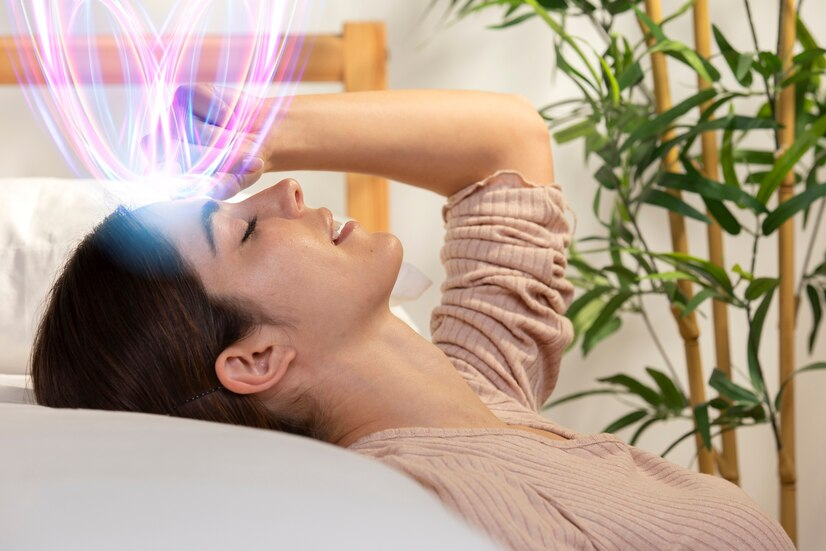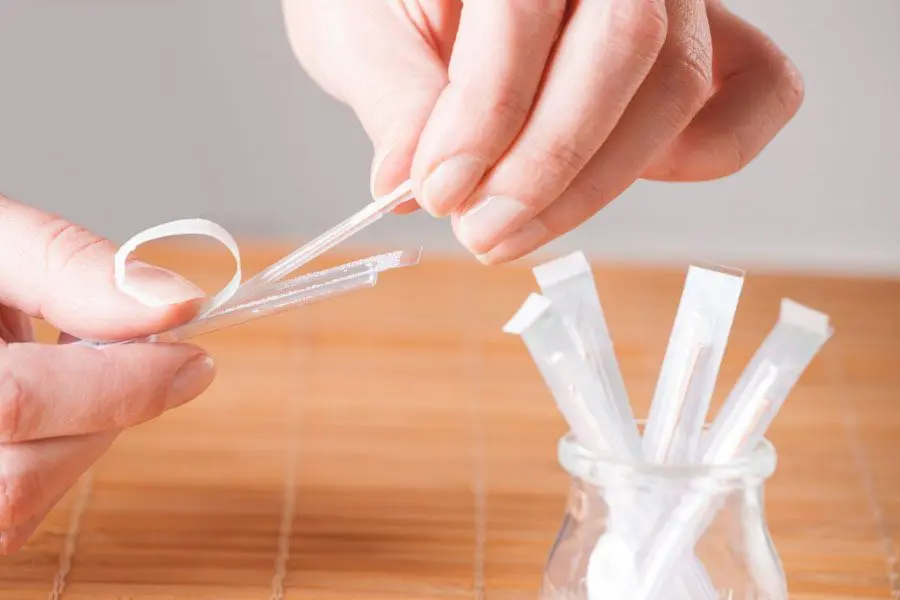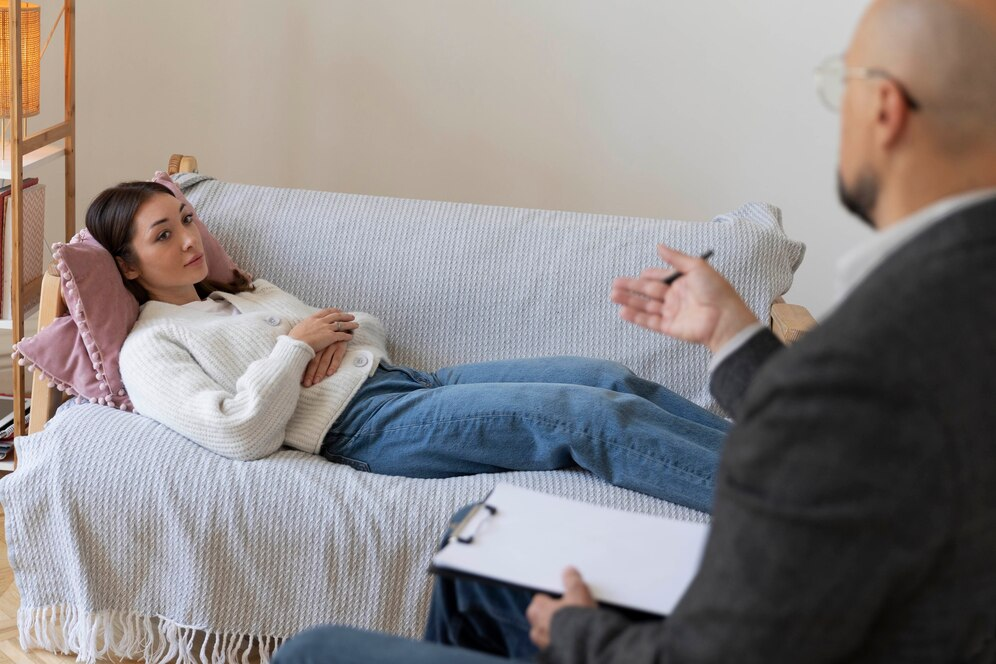Discover Your Perfect Healer Today!
Our online practitioner directory connects you with a wide range of healers to suit your unique needs.
Easily search and find the right professional to support your wellness journey.
Start exploring today to find your perfect match.
Modality
Disease
Books
Products
Events
Training
Blogs
Reiki Healers
Reiki Healing: A Comprehensive Overview and Its Benefits
Reiki is a kind of healing where one adapts the energy around them for the good of the body, mind, and emotions. The technique, emerging ...
Read More → Written by
John Smith
Energy Healer
Risks And Potential Side Effects and Precautions of Energy Healing
Energy healing has gained popularity as a practice for healing that is holistic in nature, incorporating the body, mind and spirit. As with any therapy, ...
Read More → Written by
David Brown
Lyme Disease
Risk and Exposure
Lyme Disease Diagnosis This questionnaire assesses your likelihood of having Lyme disease. Reflect on your feelings over the past month and consider how frequently the ...
Read More → Written by
Web Master
Integrative Medicine
Integrative Medicine: A Path to a Healthier You
Innovative medicine is changing health care as it combines the best parts of conventional health care with proven complementary treatments that are evidence-based. This approach ...
Read More → Written by
David Brown
Acupuncture
How to Get Started with Acupuncture: Beginner’s Resources and Recommendations
Traditional Chinese medicine has made acupuncture popular for many reasons including pain relief and stress management; this represents just one side of the coin. If ...
Read More → Written by
David Brown
Hypnotherapy
Exploring the Historical Roots of Hypnotherapy
Hypnotherapy has been around for thousands of years, and its evolution from mysterious unknowns to the defined therapeutic practices it is today is in many ...
Read More → Written by
Michael Johnson





